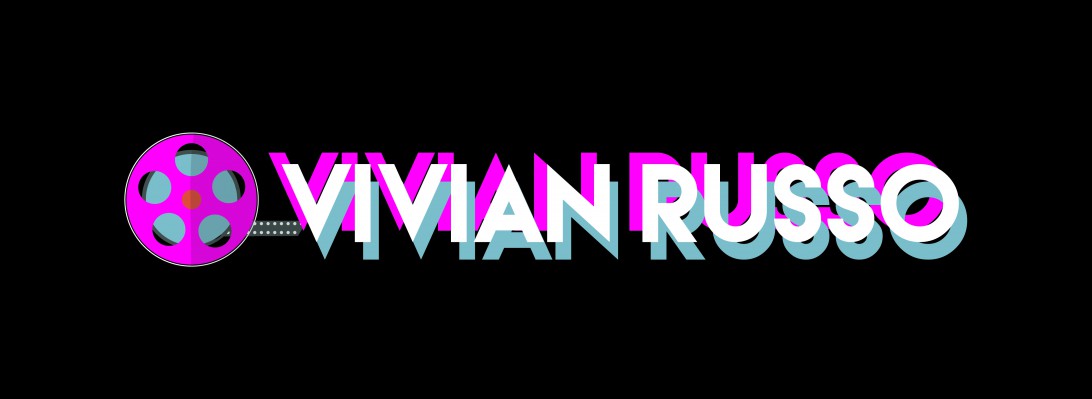Some movie junkies have compared Wes Anderson’s style with Stanley Kubrick’s due to its similar shots. Both like excessive symetry and aim a centered scene with perspective and notable vanishing points. Anderson has said it’s just an inspiration, the comparison is not out of place.
The story begins with a girl reading a writer’s memoir near its monument in the present and the story starts to unfold. The elderly writer (Tom Wilkinson) is chatting up in 1985 with his grandson about his youth. In 1968 the young writer (Jude Law) is traveling to the famous yet decadent Grand Budapest Hotel in a snowy European location, there he encounters the recluse owner, Mustafa Zero (F. Murray Abraham) who tells the story about how he became to own the hotel. During its final flashback we see a young Zero (Tony Revolori) starting out as Lobby boy in 1932 that is taken under the wing of the concierge M. Gustave (Ralph Fiennes).
Other members of the cast include Anderson’s long time collaborators, Edward Norton, Bill Murray, Owen Wilson, Willem Dafoe, Jason Schwartzman, and Jeff Goldblum, Adrien Brody, Saroise Ronan and Tilda Swinton. Anderson is the director, writer and producer. It’s a cooperation between Germany and Great Britain and was entirely filmed in the former. Inspiration for the story came to Anderson after the writings of Stefan Zweig.
The script is very well made, with three stories within a story. The use of color and auxiliar screen aids the viewer to know in where is the movie is at the moment. Another hint is the screen aspect ratio, swiching from 4:3 (square) in 1932, to two kinds of widescreen for the previous time frames.
As said before, Anderson tends to go back to the satire and dark comedy with melancholic characters giving the viewer the impression of a self-contained Magical Realism.
The film is as short as it can be, barely an hour and a half. But the camera movements makes it very quick to endure and plesureable. The style mentioned above transmits a way of order and balance, contrasting the overall mess of the events that happen. The music was composed by french Alexandre Desplat, which was in syntony to the vibe of the film at every moment.
The performances lived up to the script. Its pivotal points where Ralph Fiennes and Tony Revolori, the latter being a great break-through. The setting is just another character that helps tell the story. Tilda Swinton’s make up is flawless, some may not even notice she is the one playing the old lady.
Through the satire the audience enjoys some happy-go-lucky moments and laughs at the unlikely situations that the characters come across. In a perfectly round movie, the effort the filmmaker makes shines through. That’s the case for the Grand Budapest Hotel, it’s a 5/5.
Algunos fanáticos del cine comparan el estilo de Wes Anderson con el de Stanley Kubrick por su similaridad en las tomas. A ambos les gusta la simetría excesiva y apuntan a escenas centradas con perspectivas y punto de fuga. Anderson ha dicho que es una inspiración, por lo que la comparación no está fuera de lugar.
El guion está bien hecho con tres intrahistorias. El uso del color y ayudas de pantalla ayudan al espectador a ubicarse en el tiempo. Las dimensiones de la pantalla cambian de 4:3 (cuadrado) en 1932, a dos tipos de pantalla apaisada en las previas ambientaciones.
Como está dicho antes, Anderson tiende a retomar la sátira y el humor negro con personajes melancólicos, dándole la impresión al espectador de un realismo mágico.
La película es tan corta como es posible, apenas llegando a la hora y media. Los movimientos de cámara la hacen que pase muy rápido y que sea disfrutable. El estilo trasmite un aura de orden y balance, contrastando el desastre de los eventos que pasan. La música fue compuesta por el francés Alexandre Desplat, que estuvo en sintonía con la vibra del largometraje en todo momento.
Las presentaciones equipararon el guion. Los ejes centrales son Ralph Fiennes y Tony Revolori, siendo éste último un gran descubrimiento. La ambientación es un personaje más que ayuda a contar la historia. El maquillaje de Tilda Swinton es perfecto, tanto así que más de uno ni se dará cuenta que es ella la que interpreta a la vieja.
A través de la sátira la audiencia disfruta de momentos de ligereza y se reirá de las situaciones tan poco probables que le pasan a los personajes. En una película redonda, el esfuerzo del cineasta sale a relucir. Este es el caso del Gran Hotel Budapest, siendo un 5/5.
Vivian Russo


 Sports are one of the most fine forms of entertainment, along with cinema. Everyone loves them, and when the two come together it’s a delight to see. In the USA two particular disciplines compete for attention, baseball and football. The former has much more movies made about it, Fever Pitch, Moneyball, 42, and Trouble with the Curve, to name a few. When I think of the latter, Remember The Titans, The Longest Yard and The Blind Side comes to mind. Strangely enough, Kevin Costner is no stranger to sports-related movies, previously starring in Chasing Dreams, Bull Durham, Field of Dreams and now Draft Day.
Sports are one of the most fine forms of entertainment, along with cinema. Everyone loves them, and when the two come together it’s a delight to see. In the USA two particular disciplines compete for attention, baseball and football. The former has much more movies made about it, Fever Pitch, Moneyball, 42, and Trouble with the Curve, to name a few. When I think of the latter, Remember The Titans, The Longest Yard and The Blind Side comes to mind. Strangely enough, Kevin Costner is no stranger to sports-related movies, previously starring in Chasing Dreams, Bull Durham, Field of Dreams and now Draft Day. When it comes to Latin American history, there’s no greater figure than Simón Bolívar. Originally from Venezuela, he helped 5 nations in South America get their independence from Spain. Even in modern times, Bolívar’s presence is constant in this countries; from currency, to plazas, cities and states. It comes to a point of adoration that blurres the lines between what he actually was and the character depicted.
When it comes to Latin American history, there’s no greater figure than Simón Bolívar. Originally from Venezuela, he helped 5 nations in South America get their independence from Spain. Even in modern times, Bolívar’s presence is constant in this countries; from currency, to plazas, cities and states. It comes to a point of adoration that blurres the lines between what he actually was and the character depicted. The music industry, like any business, draws attention as to what happens behind the scenes. Usually films include a soundtrack but few go beyond it playing and into the whole process. One example can be Music & Lyrics, that didn’t make a huge impression, partly because its leading couple were Hugh Grant and Drew Barrymore, two actors very familiar to the romantic comedy genre. Begin Again explores the musical path as well, with some faces not normally associated to romcoms.
The music industry, like any business, draws attention as to what happens behind the scenes. Usually films include a soundtrack but few go beyond it playing and into the whole process. One example can be Music & Lyrics, that didn’t make a huge impression, partly because its leading couple were Hugh Grant and Drew Barrymore, two actors very familiar to the romantic comedy genre. Begin Again explores the musical path as well, with some faces not normally associated to romcoms. As the 2000’s have approached, there has been an outbreak of dystopian themes in media. Some atribute it to the new millenia and the dangers of free information around the world. With that came 12 Monkeys, The Matrix, I, Robot, V for Vendetta, I am Legend; more recently The Host, Oblivion, Avatar, The Book of Eli, Wall-E, and the popular sagas, The Hunger Games, Divergent. This last two have established phenomenons worldwide, being on the bestseller list of young adult novels way before they were adapted to the big screen.
As the 2000’s have approached, there has been an outbreak of dystopian themes in media. Some atribute it to the new millenia and the dangers of free information around the world. With that came 12 Monkeys, The Matrix, I, Robot, V for Vendetta, I am Legend; more recently The Host, Oblivion, Avatar, The Book of Eli, Wall-E, and the popular sagas, The Hunger Games, Divergent. This last two have established phenomenons worldwide, being on the bestseller list of young adult novels way before they were adapted to the big screen.
